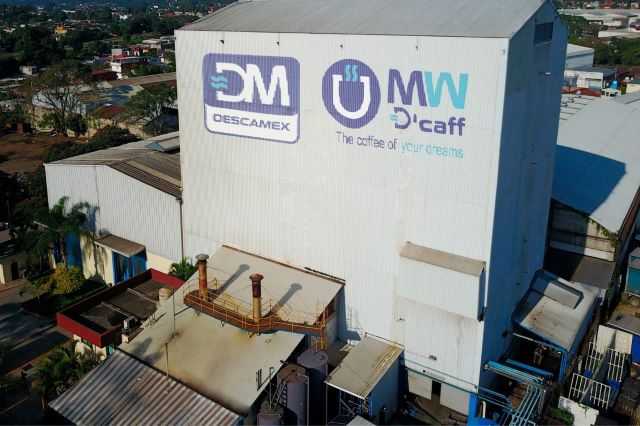MILAN – Descamex is a company founded in 1980 by Mister Domingo Muguira and it’s the first decaffeination plant in Latin America, perfecting the processes to achieve a decaffeinated coffee with top quality flavor, aroma and consistency. Another aspect on which the company has long insisted is sustainability, toward which it is committed to practical actions along the supply chain.
Social and environmental sustainability: how long has Descamex been moving toward both goals?
“Since we started we have been a very social responsible company. Originally as a family business the founder Domingo Muguira was well known as and outstanding philanthropic entrepreneur. Descamex is one of the first 130 companies in the country certified as Social responsible enterprise by CEMEFI and on the last 8 years as Healthy responsible enterprise by the Work wellness council.”
Have you already prepared and shared your own Sustainability Report?
“No, we have not done it so far. Our practices are basically due to the ethics and principles we have and until now we have not prepared a report to be showed to the public.”
Is the production of decaffeinated coffee a particularly environmentally impactful process, and are things now changing on this aspect?
“I believe that the impact is not big at all. Most of the resources are recycled and the waste is relatively small. But we are working on different projects and our goal is to be carbon neutral before 2050.”
What are the results achieved so far through the strategies you have implemented?
“Results by implementing new technologies , automatization, energy control usually turn into efficiencies and improvements that reduce the energy consumption.”
By now, for a company to talk about sustainability means not only acting internally, but also selecting suppliers along the supply chain who meet the same standards: how have you moved?
“Fully agree. Our goal by promoting decaf consumption is to improve and benefit the whole productive chain. If consumers are able to enjoy more cups of coffee that will improve the lives of the producers, the mills the traders, the roasters, etc…”
What are your goals for the coming years, including with respect to the new challenges posed by the EUDR?
“We believe that the coffee producers are now the weakest part of the chain and they need to have a sustainable buisness. We are currently making research of how they can improve their income and use 100% of what they produce.”
Being sustainable comes at a cost to companies and consumers: is it still a problem or is the market now ready to pay more to preserve the environment?
“The market could be ready in some countries. But not all, there are huge poverty problems in a huge % of the world. The problem is that we cannot wait any longer. We will not be able to turn back time and we clearly have a huge problem ahead of us.”

















